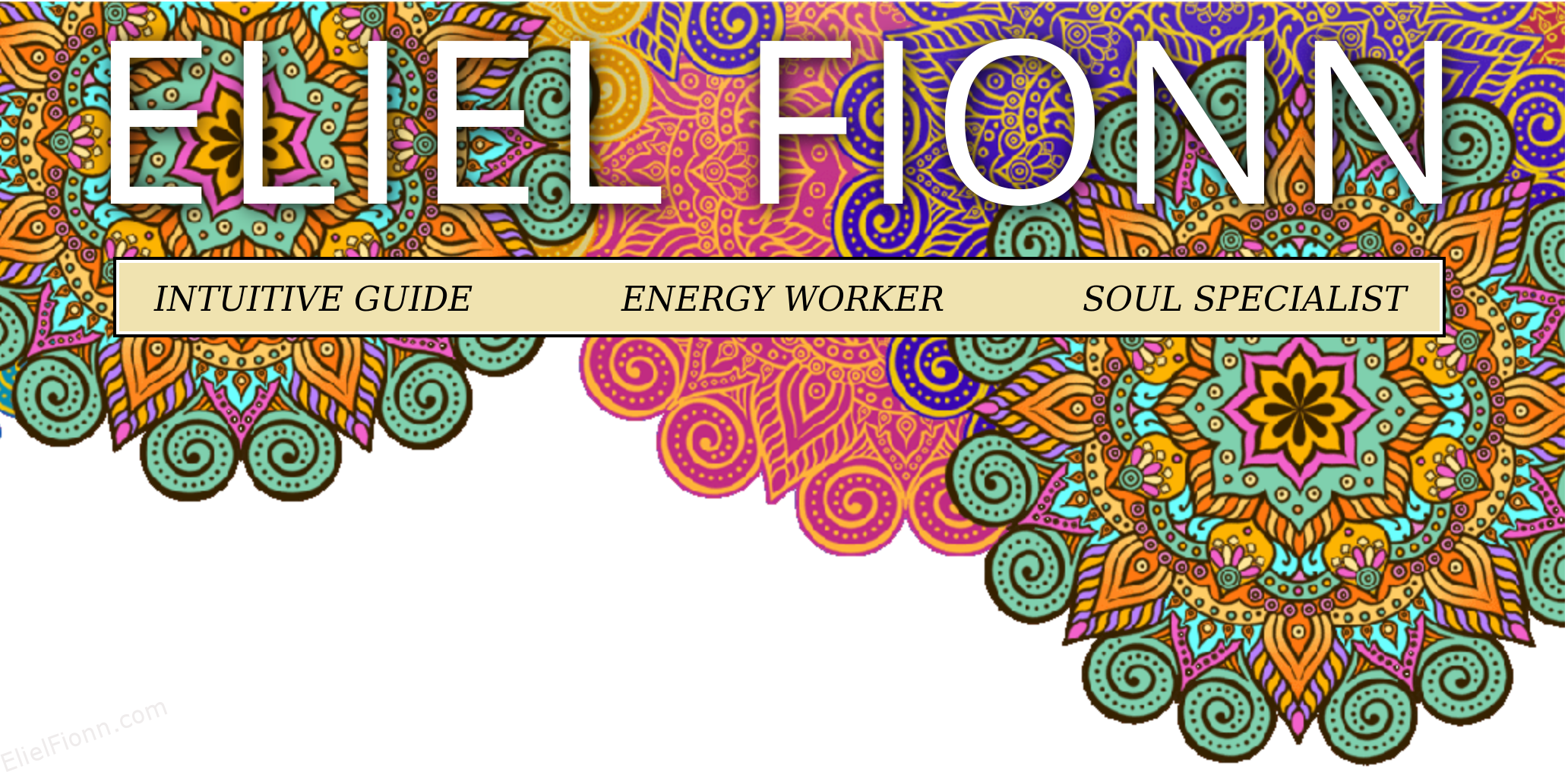Transitions
When I was young, I had a hard time switching from a creative dreamy state to a linear, homework mode, and vice versa. I needed quite a bit of transition time between different kinds of tasks. Reading books helped calm down my brain and make the shift back and forth easier. Certain times of the day, like morning, were easier for me to focus my mind on left brain activities like math, and I loved having unscheduled hours from late afternoon into nighttime in which to ponder and create.
After learning to write analytical essays in 9th grade, it became more difficult for me to write creatively. My head actually hurt trying to make myself conform to school work. I got the same kinds of headaches in college while moving between right to left brain activities and back. Years later, a woman hooked me up to a biofeedback machine. Apparently, I spend a great deal of time in dreamy states of mind similar to small children between the ages of three and five, which explained a lot.
As an adult, I still need transition time between right and left-brain activities. While doing bookkeeping for example, I put music on and start in the morning. For right-brained activities like art, I start later in the evening after the mundane tasks are finished. It remains difficult for me to shift from doing art to linear activities, for example, but after left brain activities, right brain ones seem like I escaped from jail and made a break for freedom. It is important for creative folks to figure out how to transition back and forth between such different kinds of tasks effectively.
Since I’m self-employed, I am able to establish my own hours and have a lot of freedom to organize my day in the way in which my brain works best. When I tried the traditional, 40 hour per week job, of which I lasted exactly three years out of my entire life, I experienced increased ill health, not to mention frustration creatively.
Many of our societal structures work well for people who can make their brains operate a certain way. But for those who cannot, it is awful. They may be the artists, writers, musicians, and creative folks that don’t conform, not because they don’t want to, but because they can’t. Some may call it a lifestyle choice, but for many creative types, it’s the only way their brains function properly. Unfortunately, this isn’t a friendly society for nonconformist brains. Or as a woman from another country told me, “Your society is soul crushing for artists.”Continue reading
